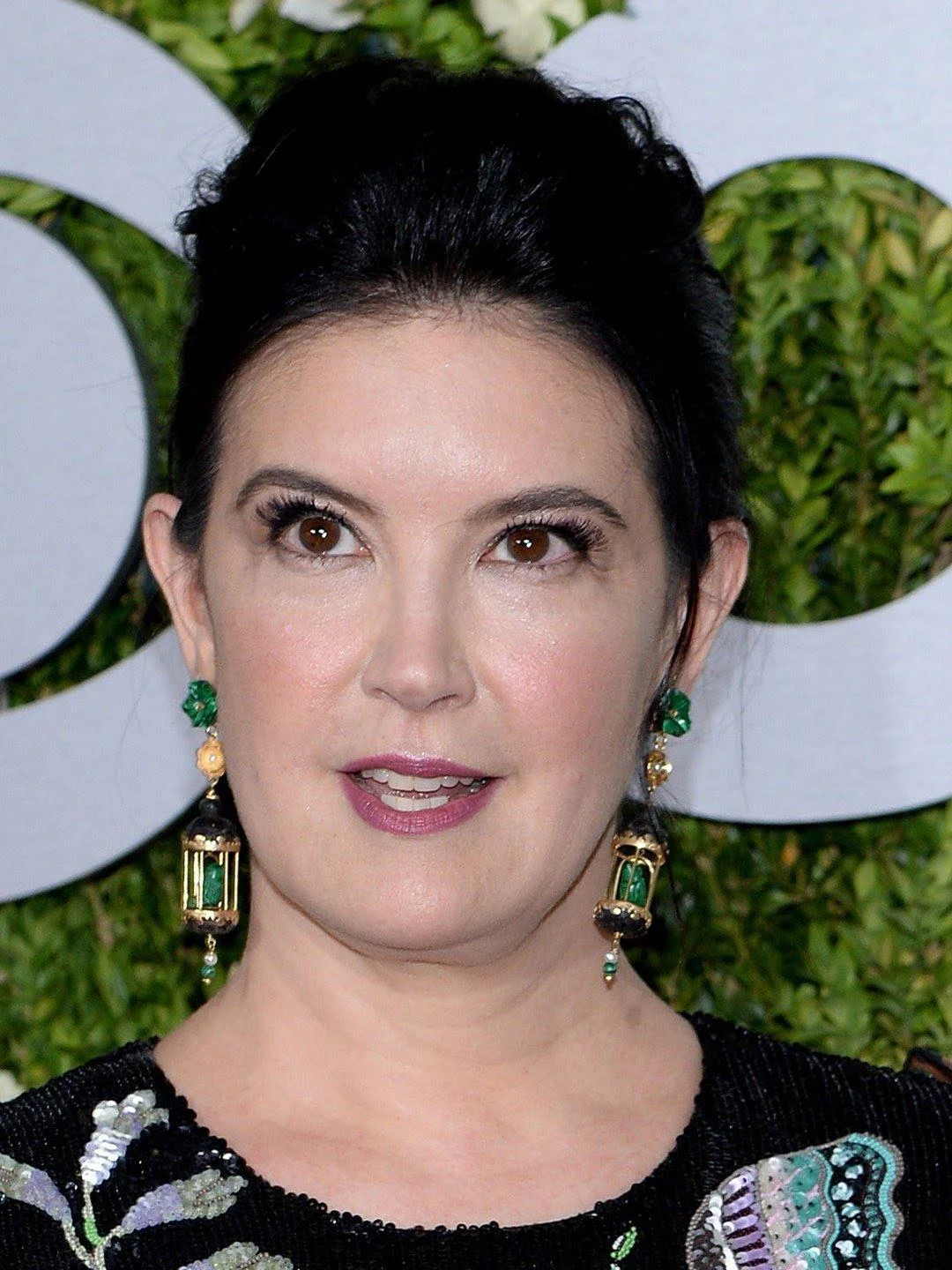
























Introduction: The Importance of Nurses in the Healthcare System
In the intricate tapestry of the healthcare system, nurses are like the unsung heroes weaving care and compassion into every patient interaction. Their role is not just crucial; it’s indispensable. But have you ever wondered what it takes to embark on this noble journey of becoming a nurse? Let’s unravel the educational path that leads aspiring individuals to don those scrubs and make a difference in the lives of others.
Educational Requirements for Becoming a Nurse
Considering a career in nursing? Understanding the educational requirements is key to starting your journey in this rewarding field. To become a nurse, you typically need to earn a nursing degree from an accredited program. These programs can be found at various educational institutions, including community colleges, universities, and vocational schools.
The most common paths to becoming a nurse are obtaining an Associate Degree in Nursing (ADN) or a Bachelor of Science in Nursing (BSN). An ADN usually takes about 2-3 years to complete, while a BSN generally takes around 4 years. Some hospitals and healthcare facilities may prefer or require nurses with a BSN due to the advanced level of education and training they receive.
In addition to completing formal education, aspiring nurses must also pass the NCLEX-RN exam to obtain their nursing license. This standardized test assesses the individual’s knowledge and skills necessary for safe and effective practice as a registered nurse. It’s essential for ensuring that all licensed nurses meet the same standards of competency regardless of their educational background.
Continuing education is often required for nurses to maintain their licensure and stay current with advancements in healthcare practices. Many choose to pursue higher degrees or certifications in specialized areas such as critical care, pediatrics, or oncology. By continuously learning and adapting to new challenges within the field, nurses can enhance their knowledge base and provide optimal care for patients across various settings.
Types of Nursing Degrees and Programs
When considering a career in nursing, it’s essential to understand the various types of degrees and programs available. One common option is an Associate Degree in Nursing (ADN), typically a two-year program offered at community colleges. This degree provides foundational knowledge and clinical skills for entry-level nursing roles.
On the other hand, a Bachelor of Science in Nursing (BSN) is a four-year program offered at universities and colleges. A BSN not only covers nursing fundamentals but also delves deeper into leadership, research, and critical thinking skills. Many healthcare facilities prefer hiring nurses with a BSN due to their advanced education.
For those looking to advance their careers, there are Master of Science in Nursing (MSN) programs that offer specialized tracks such as Nurse Practitioner or Nurse Educator. These programs equip nurses with advanced clinical knowledge and expertise to excel in specific areas of healthcare.
Additionally, some nurses choose to pursue doctoral degrees like Doctor of Nursing Practice (DNP) or Doctor of Philosophy in Nursing (Ph.
D.). These terminal degrees prepare nurses for leadership positions, research roles, or academia within the field of nursing.
Skills and Qualities of a Successful Nurse
Being a successful nurse requires a unique set of skills and qualities that go beyond medical knowledge. Compassion is essential in connecting with patients on a deeper level, showing empathy and understanding during challenging times. Communication skills play a crucial role in effectively conveying information to both patients and colleagues.
Critical thinking is key in making quick decisions under pressure while considering all possible outcomes. Adaptability allows nurses to thrive in ever-changing healthcare environments, being flexible and resourceful when faced with unexpected situations.
Attention to detail ensures accuracy in administering treatments and medications, preventing errors that could jeopardize patient safety. Time management skills help nurses prioritize tasks efficiently, juggling multiple responsibilities without compromising quality care.
A positive attitude can uplift spirits in difficult circumstances, providing comfort and reassurance to those in need. Collaboration within interdisciplinary teams fosters a supportive work environment where ideas are shared for optimal patient outcomes.
Specializations within Nursing
As a nurse, you have the opportunity to specialize in various areas of healthcare, depending on your interests and passions. One popular specialization is becoming a Certified Nurse Midwife (CNM), where you provide care to women throughout their pregnancy journey.
Another exciting option is becoming a Psychiatric Mental Health Nurse Practitioner (PMHNP), working with patients dealing with mental health challenges. If you prefer working in high-pressure environments, pursuing a career as an Emergency Room Nurse might be the right fit for you.
For those interested in caring for the youngest patients, becoming a Pediatric Nurse can bring fulfillment and joy. Alternatively, if you enjoy working with technology and data analysis, exploring the field of Informatics Nursing could be intriguing.
No matter which specialization you choose, each offers its own unique set of challenges and rewards that will keep you engaged and motivated in your nursing career.
Continuing Education and Career Advancement Opportunities
Continuing education is a crucial aspect of a nursing career. It allows nurses to stay updated on the latest advancements in healthcare and expand their knowledge and skills. Pursuing further education can open up new career opportunities, such as specializing in a particular area of nursing or moving into leadership roles.
Many nurses choose to pursue advanced degrees like a Master of Science in Nursing (MSN) or even a Doctorate in Nursing Practice (DNP) to enhance their expertise. These higher levels of education can lead to roles with more responsibilities and higher salaries.
In addition to formal education, nurses can also benefit from certifications in specialized areas like critical care, pediatrics, or oncology. These certifications demonstrate proficiency and dedication to specific areas of nursing practice.
Career advancement opportunities for nurses are vast and varied. They can progress from staff nurse positions to charge nurse, nurse manager, or even Chief Nursing Officer roles within healthcare organizations. The possibilities for growth are endless with continuous learning and dedication to the profession.
Conclusion: The Rewards and Challenges of Pursuing a Career in Nursing
In the fast-paced and ever-evolving field of healthcare, nurses play a pivotal role in providing quality patient care and support. Pursuing a career in nursing can be immensely rewarding as you have the opportunity to make a real difference in people’s lives every day. However, it also comes with its fair share of challenges such as long hours, emotional stress, and demanding work environments.
Despite the challenges, the rewards of being a nurse are immeasurable. From forming meaningful connections with patients to witnessing their recovery and knowing you played a part in it, the sense of fulfillment is unparalleled. Additionally, nursing offers diverse career paths with opportunities for growth and specialization.
If you are passionate about helping others, possess strong communication skills, empathy, and resilience then embarking on the journey to become a nurse might be the right path for you. With dedication, hard work, and continuous learning through education and training programs – you can build a successful career as a nurse that is both personally fulfilling and professionally gratifying. So take that first step towards realizing your dream of becoming a nurse today!